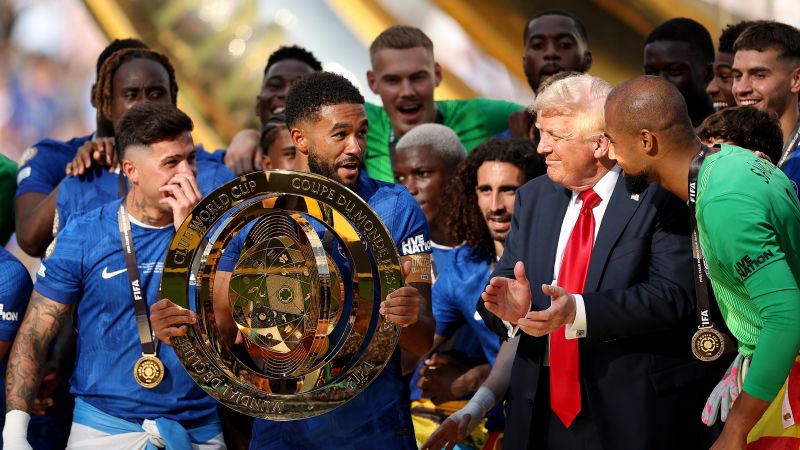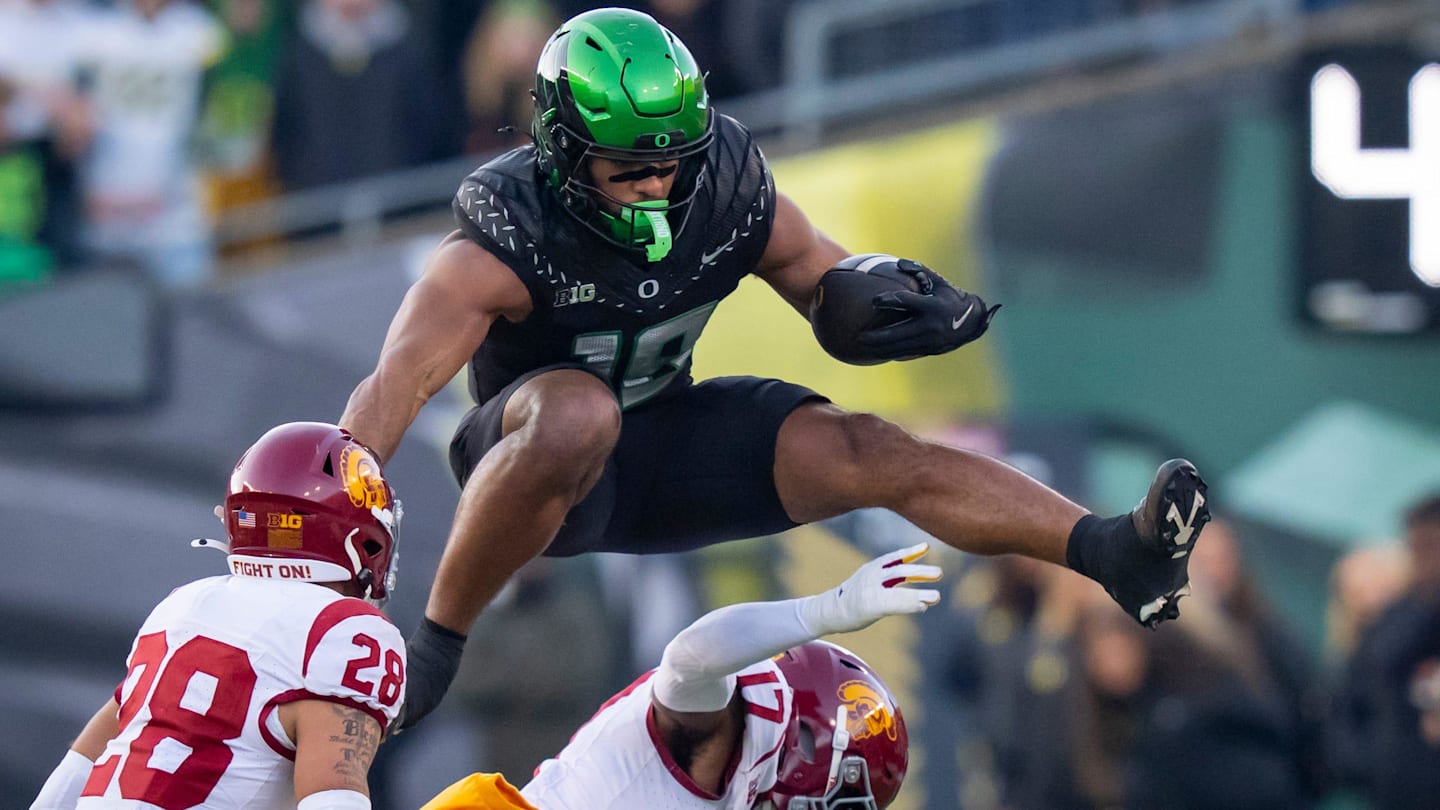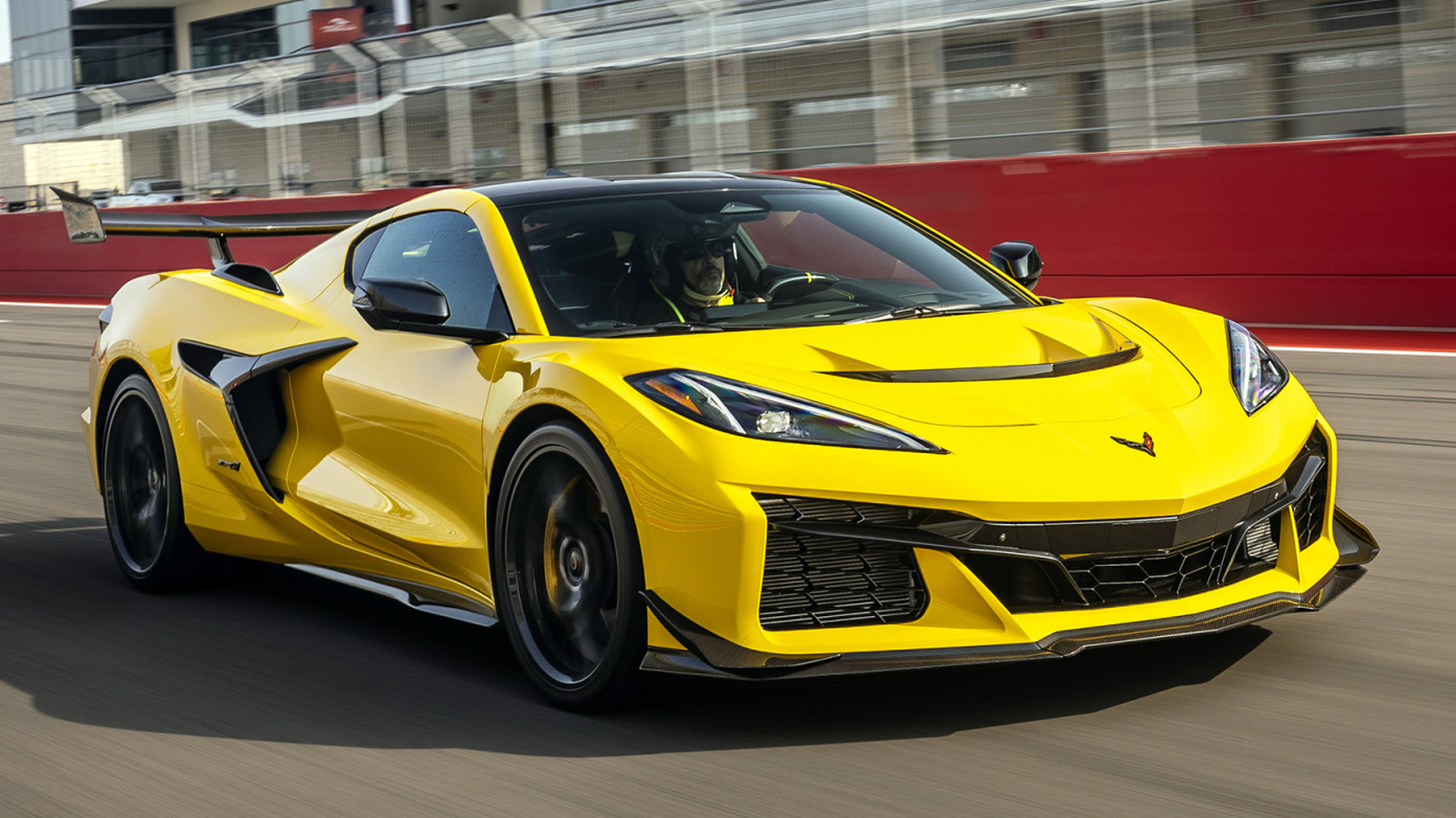FIFA Responds to Dynamic Pricing Controversy for World Cup

Introduction
FIFA, the global governing body for soccer, has recently responded to Zohran Mamdani’s campaign to lower ticket prices for the upcoming World Cup. The New York mayoral hopeful has been advocating for FIFA to drop its plan for dynamic pricing, which would result in fluctuating ticket prices for the highly anticipated event.
The Dynamic Pricing Controversy
FIFA’s decision to implement dynamic pricing for the World Cup has sparked controversy and backlash from fans and advocates like Mamdani. The dynamic pricing system would adjust ticket prices based on demand, potentially making it more difficult for fans to afford tickets to the games. This has been a major concern for Mamdani, who believes that the World Cup should be accessible to all fans, regardless of their financial status.
FIFA’s Response
In response to Mamdani’s campaign, FIFA stated that dynamic pricing is a common practice in the entertainment industry and is meant to ensure that tickets are available to all fans. They also mentioned that they are still committed to making the World Cup a memorable and affordable experience for all. However, they have not yet made any changes to their original plan for dynamic pricing.
The Future of World Cup Ticket Prices
As the debate over dynamic pricing for the World Cup continues, it remains to be seen if FIFA will make any changes to
About the People Mentioned
Zohran Mamdani
Zohran Kwame Mamdani is a New York State Assemblymember representing District 36, which includes Astoria and other Queens neighborhoods. He is notably the first South Asian man, the first Ugandan, and only the third Muslim to serve in the New York State Assembly. Mamdani is a democratic socialist focused on advocating for affordable housing, environmental justice, and equitable public services, aiming to improve the quality of life for working-class New Yorkers who face high rent burdens, pollution, and profiling[1][3]. Born in Uganda and raised in New York City, Mamdani graduated from Bowdoin College in 2014 with a degree in Africana studies. During college, he was politically active, cofounding a chapter of Students for Justice in Palestine and organizing a boycott of Israeli institutions. After college, he worked as a foreclosure prevention counselor in Queens and was involved in community organizing, experiences that motivated his entry into politics[3]. In 2020, Mamdani defeated a Democratic incumbent to win his Assembly seat and has since been re-elected twice. Among his key achievements, he co-created a pilot program for fare-free bus service in New York City and led a 15-day hunger strike in 2021 to protest predatory loans impacting taxi drivers, which resulted in $450 million in debt relief for them. He has also secured over $100 million in state funds to improve subway service and launched initiatives to combat environmental and social injustices in his district[2][3]. Currently, Mamdani is running for Mayor of New York City on a platform to lower the cost of living, improve public transit, and support working families, emphasizing government’s role in making life more affordable and dignified for all New Yorkers[2].
About the Organizations Mentioned
FIFA
FIFA (Fédération Internationale de Football Association), founded in Paris in 1904, is the global governing body for association football (soccer), futsal, and beach football. Headquartered in Zürich, Switzerland, FIFA comprises 211 national football associations organized into six regional confederations spanning Africa, Asia, Europe, Oceania, South America, and North/Central America and the Caribbean[1][2][4]. FIFA’s core responsibilities include setting and enforcing the rules of the game in collaboration with the International Football Association Board (IFAB), overseeing international player transfers, and promoting football's development worldwide. It organizes major international tournaments such as the FIFA World Cup (inaugurated in 1930), the FIFA Women’s World Cup (since 1991), and the FIFA Club World Cup, providing platforms for showcasing elite talent[1][2][3][5]. The organization has a complex governance structure, with a FIFA Council of 37 members led by a president, a secretary-general managing day-to-day operations, and a FIFA Congress as the main legislative body where each national association holds voting rights. The Football Tribunal, established in 2021, resolves regulatory disputes[1][7]. FIFA has grown into a multibillion-dollar enterprise, generating over $5.8 billion in revenue during the 2019–2022 cycle and maintaining substantial cash reserves. Its 2025 FIFA Club World Cup, for instance, featured an expanded 32-team format with a prize pool of $1 billion, including a $250 million solidarity program to support global club football development[2][6][8]. Beyond competitions, FIFA invests heavily in grassroots initiatives and infrastructure through programs like FIFA Forward, aiming to foster inclusivity, integrity, and innovation throughout the sport. It leverages technology and media platforms such as FIFA+ to broaden football’s global reach and engagement[3][4][10]. FIFA remains















